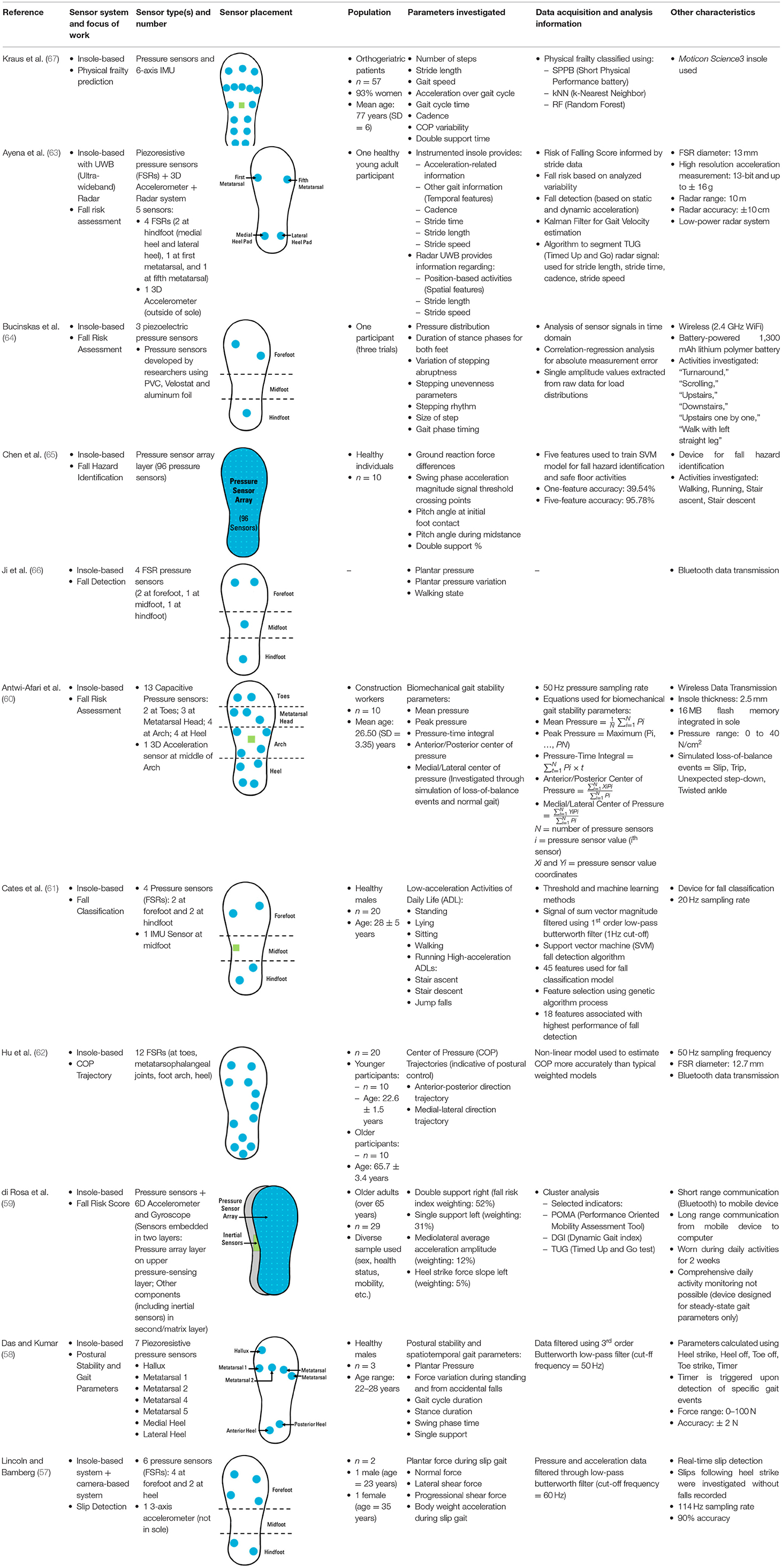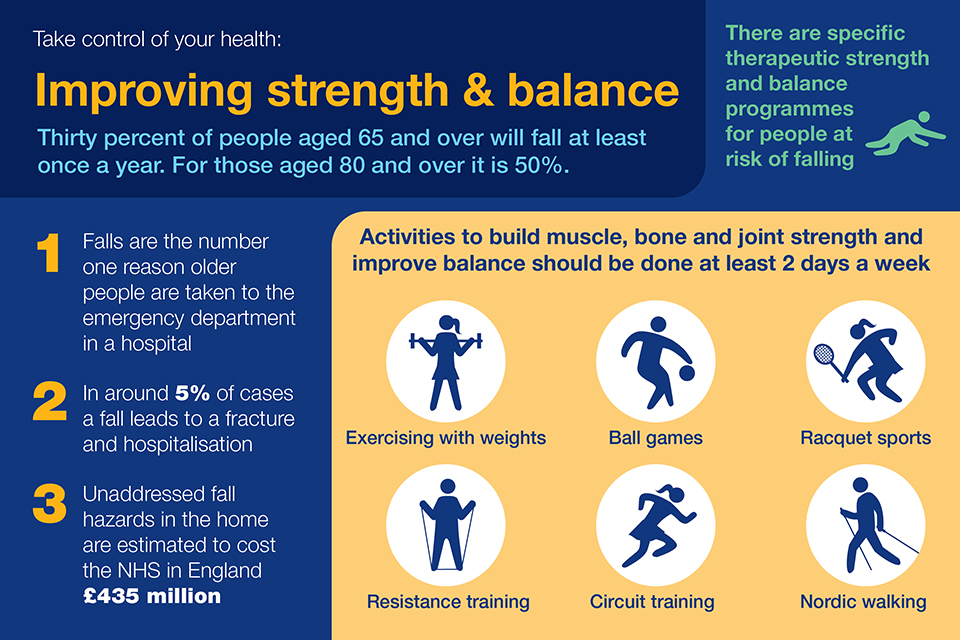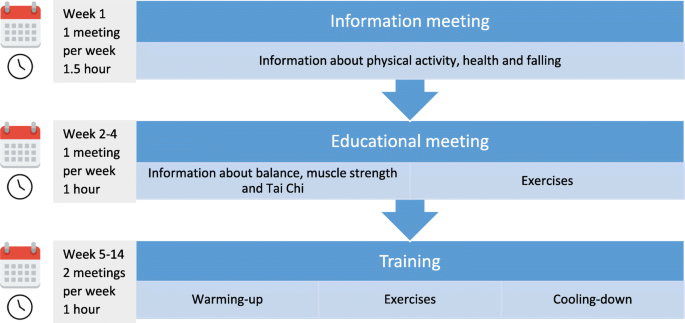The Single Strategy To Use For Dementia Fall Risk
The Single Strategy To Use For Dementia Fall Risk
Blog Article
The Only Guide to Dementia Fall Risk
Table of ContentsThe Ultimate Guide To Dementia Fall RiskDementia Fall Risk for DummiesThe Buzz on Dementia Fall RiskDementia Fall Risk Things To Know Before You BuyDementia Fall Risk Can Be Fun For Everyone
Based on indications and signs, such as proof of head injury or a brand-new focal neurologic deficiency, calculated tomography or MRI of the brain may be suggested. An analysis for sources of syncope should be conducted only if there is strong suspicion, as when it comes to recurrent, unexplained falls
Health care companies use a loss risk evaluation to identify your danger factors for dropping and make useful recommendations. An autumn threat assessment is vital since recognizing which elements enhance your chances of dropping helps you: Reduce your danger of falling or harming on your own.
Maximize your capability to relocate and be energetic. Keep a healthy, independent life. All adults 65 years and older must have a first autumn risk screening. Your health care copyright could ask you whether you: Feel unsteady when standing or walking. Have dropped in the past year. Stress over falling. If you respond to yes to any of these concerns, your doctor will certainly suggest an added, a lot more detailed examination.
5 Easy Facts About Dementia Fall Risk Shown

, and goals specifically customized to clients that are at danger for falls. A is specified as an event that results in an individual coming to rest inadvertently on the ground or flooring or other reduced degree (WHO, 2021).
According to the Centers for Condition Control and Prevention (CDC),, creating over 34,000 fatalities for that age team. Dropping is the 2nd leading cause of fatality from unintended injuries around the world. Death from drops is a serious and endemic issue among older people. It is approximated that fall fatality prices in the U.S

Each year, over 800,000 people are hospitalized because of drops. Registered nurses play a significant duty in protecting against drops for their individuals through education, assessing loss danger, producing more secure settings, and offering interventions in protecting against injuries from drops.
Loss are due to a number of factors, and an alternative technique to the individual and setting is essential. Intend an individual is considered at high threat for falls after the testing.
Some Ideas on Dementia Fall Risk You Need To Know
A calls for making use of a validated tool that researchers have taken a look at to be useful in naming the causes of falls in an individual. The degree of autumn danger can be established making use of the analysis of intrinsic and extrinsic elements.
Individuals are much more likely to drop once more if they have actually maintained several drops in the previous 6 months. The older populace goes to raised risk of fall-related readmissions based on a research recognizing the factors predictive of repeat falls associated outcomes (Prabhakaran et al., 2020). Individuals with damaged recognition and disorientation may not comprehend where they are or what to do to assist themselves.
The capability of individuals to secure themselves from falls is impacted by such factors as age and advancement. Older people with weak muscular tissues are much more most likely to drop than those that maintain muscle mass toughness, versatility, and endurance.
Dementia Fall Risk Fundamentals Explained
Much less contrast level of sensitivity was rather connected with both raised rates of drops and other injuries, while decreased visual acuity was just related to boosted loss price (Timber et al., 2011). Sensory assumption of environmental stimuli is critical to security. Vision and hearing disability limitation the individual's capability to view risks in the surroundings.
Older adults that have these details inadequate equilibrium or problem strolling are extra most likely to fall., or other clinical problems and therapies., and usage of psychotropic medicines (Stanmore et al., 2013).
Report this page